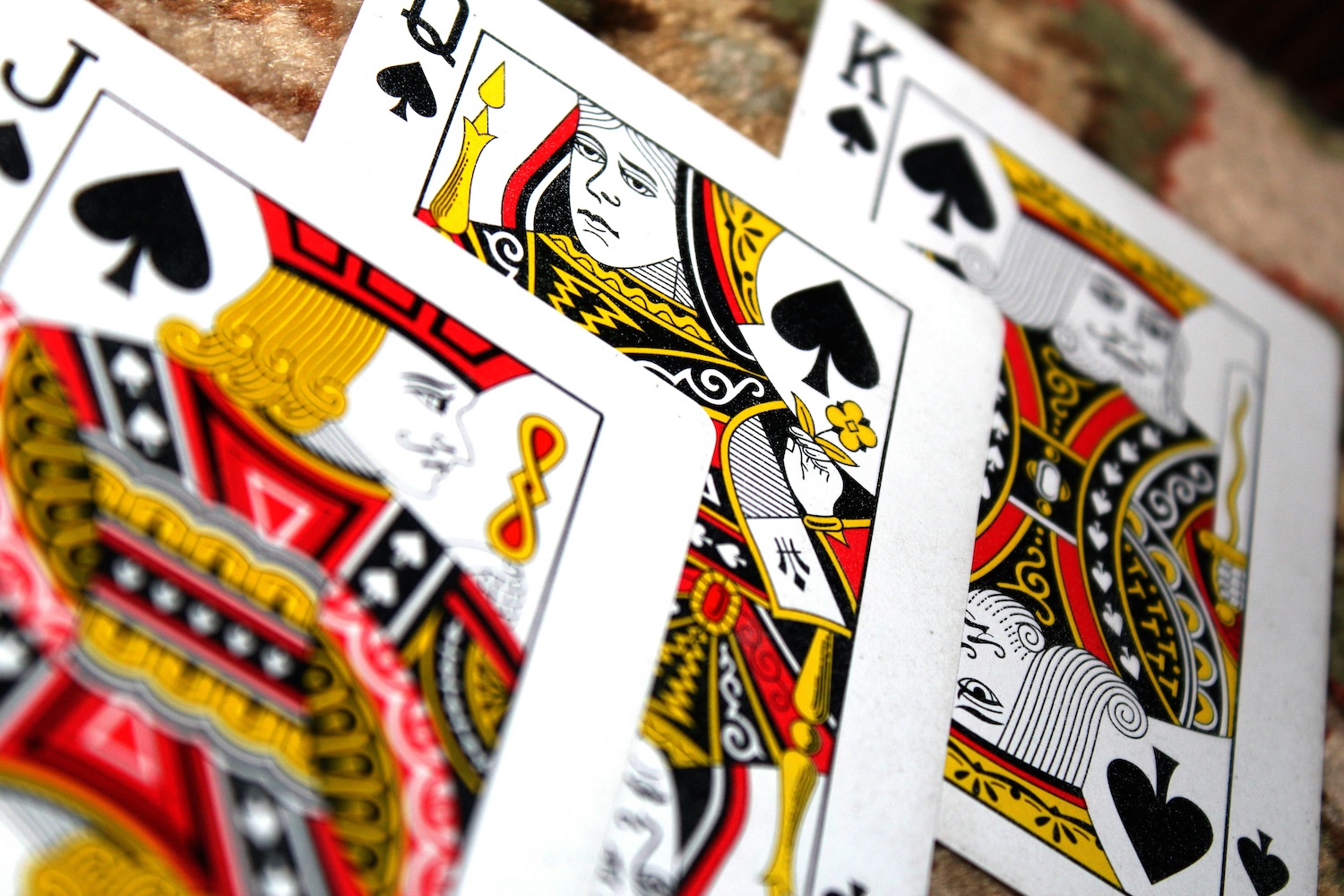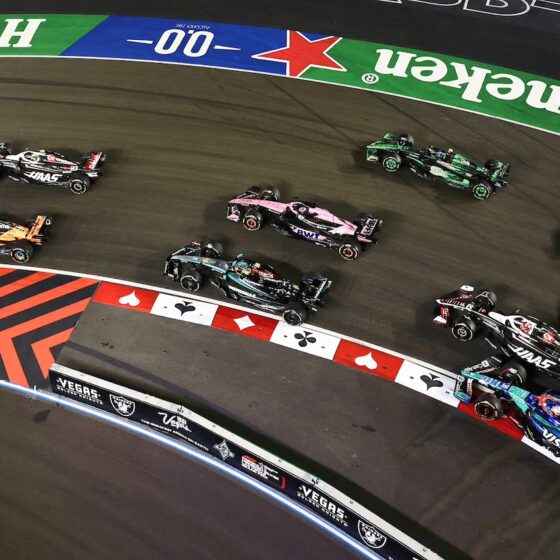Poker, a game that has intrigued minds for centuries, extends beyond being just a gambling activity; it’s a masterclass in psychology, strategy, and emotional intelligence. What many fail to realize is how the principles and psychological skills developed in poker mirror those needed for success in life. There’s a fascinating intersection between the psychology of poker and the life lessons you get from it. It demonstrates how the strategic and emotional dimensions of the game reveal essential insights into resilience and decision-making.
See also: Poker legends return for epic showdown: Season 2 of The Big Game on Tour
The art of patience and timing
In poker, patience is more than a virtue—it’s a necessity. The game teaches players to wait for the right hand and recognize when the moment to act has arrived. This discipline in timing parallels the most profound lessons in life: opportunities often require a keen sense of timing. Much like in poker, where rushing into hands can lead to a quick loss, life decisions made in haste can lead to missed chances or costly consequences. Successful poker players know when to fold and when to push forward, a skill that translates seamlessly to navigating life’s crossroads.
ADVERTISEMENT |
In life, patience means understanding that progress isn’t always linear. Whether it’s building a career, developing relationships, or achieving personal growth, patience helps in staying grounded. Poker reinforces the idea that not every hand is worth playing and that sometimes the smartest move is to step back and observe.
Reading people, more than just the cards
A key aspect of poker is the ability to read other players. Facial expressions, subtle body language, and betting patterns offer clues about an opponent’s hand. This aspect of poker sharpens one’s observational skills and emotional intelligence—tools essential for building relationships and navigating social situations.
In life, the ability to read people extends to empathy and communication. Understanding others’ motives and emotions can significantly impact personal and professional relationships. For example, recognizing a co-worker’s stress can lead to more supportive collaboration or an adjusted approach in team management. Just as a poker player might change their strategy when sensing a bluff, a person adept at reading social cues can adapt their responses to better align with the situation at hand.
ADVERTISEMENT |
Managing emotions under pressure
Poker is often described as a game of incomplete information where decisions are made with the weight of risk and uncertainty. Successful players learn to manage their emotions—whether it’s the thrill of winning a large pot or the frustration of losing on the river. The concept of “tilt,” where emotions cloud judgment, is not just a poker phenomenon but a universal human experience.
Managing tilt in poker requires players to remain calm, accept losses, and move forward with a clear mind. This resilience is crucial in life, where setbacks are inevitable. Whether facing career failures, personal disappointments, or unexpected challenges, the ability to regulate emotions and maintain composure can mean the difference between rebounding stronger or spiraling into a state of indecision and frustration.
The power of risk assessment
Poker is a constant dance between risk and reward. Players must calculate the odds, analyze the potential gains against the risks, and decide if it’s worth pursuing a specific hand. This skill directly relates to making informed choices in life, where risks are often necessary for growth but must be approached with careful consideration.
ADVERTISEMENT |
Successful people, like experienced poker players, don’t shy away from risk—they learn to evaluate it properly. Whether it’s deciding to change careers, start a new business, or take a leap in a relationship, understanding risk and being willing to act when the odds are favorable is essential. Poker teaches the importance of taking calculated risks rather than making decisions purely based on fear or impulsive desires.
Learning from losses and celebrating wins
One of the most challenging lessons in poker is how to handle loss. Unlike many games where skill guarantees consistent victory, poker’s element of chance means even the best players sometimes lose. The true strength lies in analyzing what went wrong, learning from mistakes, and returning to the table with new insights.
Life, too, is full of losses. Whether in business ventures that fail, friendships that don’t last, or goals that remain unmet, resilience is built through reflection and growth. Poker champions aren’t defined by their wins alone but by their ability to recover and adapt after a setback. Similarly, in life, it’s those who use failure as a springboard for future success who find long-term fulfillment. At the same time, poker also teaches the importance of celebrating small victories. Recognizing and savouring moments of success, however fleeting, builds confidence and reinforces positive behaviour, both at the table and in life.
ADVERTISEMENT |
North American Poker Tour
The North American Poker Tour (NAPT) by PokerStars is fully underway and it’s highlighting an incredible lineup of poker legends. The Big Game on Tour has already featured names like NFL champion Gronk, poker legend Phil Helmuth and Antonio Esfandiari to name a few. Gent’s Talk is on location in Las Vegas interviewing a series of poker pros and recognizable names like Boston Rob and Wolfgang Poker. Stay tuned as full episodes will be released starting December 9, 2024.
Feature image by jalil shams













